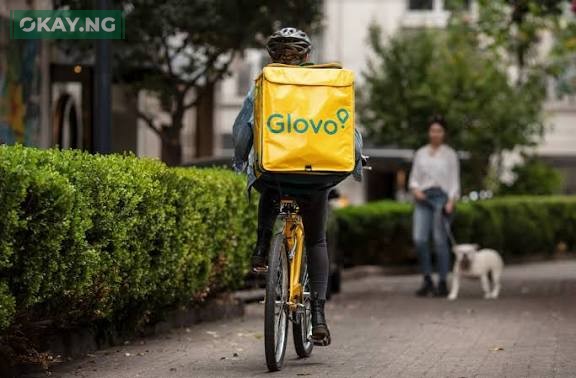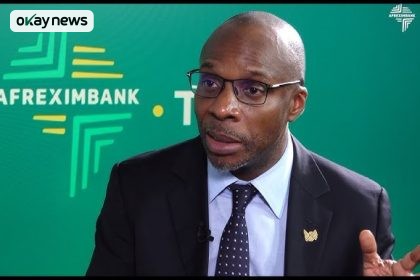Global delivery and courier platform, Glovo, has unveiled the Glovo Academy in Abuja to strengthen Nigeria’s micro, small, and medium enterprises (MSMEs).
At the launch, Glovo Nigeria’s Head of Commercial, Kolawole Adeniyi, said the company is expanding its African investment with a strong focus on small businesses. He revealed that Glovo had invested €206m across six African countries, with Nigeria, Morocco, Tunisia, Kenya, Côte d’Ivoire, and Uganda benefiting.
According to him, over €1bn has been generated for more than 40,000 partners across the continent, 90 per cent of them being SMEs. In Nigeria, the figure rises to about 95 per cent. “That shows the level of impact we’re making on the grassroots economy,” Adeniyi said.
He added that Glovo had delivered N55bn in value to Nigerian partners since its 2021 market entry, with more than 5,000 businesses and 12,000 riders benefitting. He stressed that unlike other global firms, Glovo reinvests in Africa without seeking immediate returns.
Head of Growth and Abuja Business, Reni Onafeko, said the capital city had recorded about two million deliveries, with more than 1,000 partners and 2,000 riders gaining value. She explained that the Glovo Academy would build skills and support small enterprises, which form the bulk of Glovo’s ecosystem in Nigeria.
At the launch, government and private sector panellists emphasised the central role of SMEs in economic transformation. Senior Special Adviser to the Minister of Industry, Trade and Investment, Ifeoma Williams, described SMEs as Nigeria’s “backbone,” contributing 40 per cent to GDP and over 80 per cent of jobs. She urged entrepreneurs to structure their businesses properly to access financing, including the N75bn government fund at single-digit interest.
SMEDAN’s Head of ICT, Kayode Meyanbe, disclosed that the agency is working on a new curriculum and partnerships with business schools to close knowledge gaps.
Private sector participant, Tijjani Mustapha of Ahmed Shawarma, highlighted staffing and operational challenges faced by small businesses but noted that digital platforms such as Glovo and social media had been crucial to sustaining growth.
The panel concluded that consistent investment, enabling policies, digital adoption, and structured support will determine how Nigeria’s 39 million SMEs contribute to inclusive growth and job creation.







